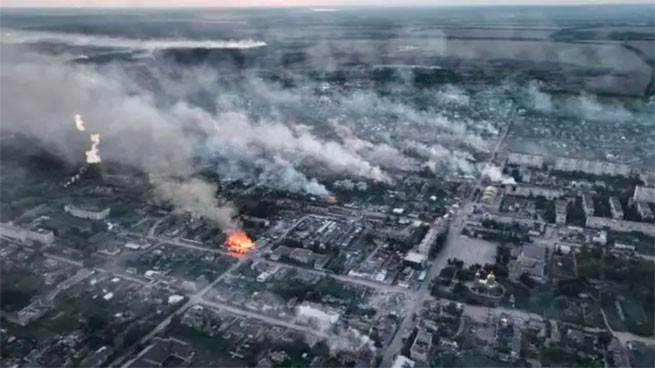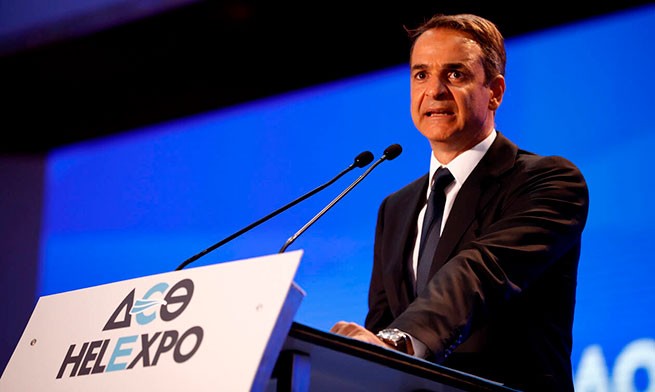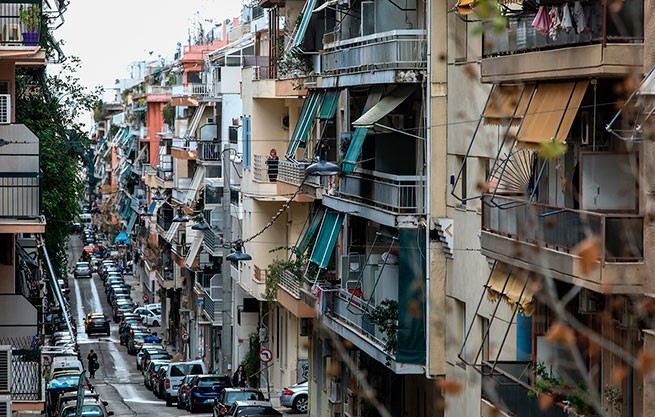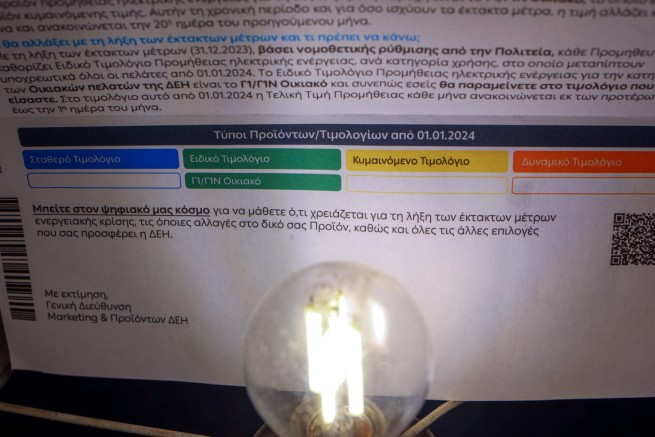The energy crisis was the signal for a change in electricity tariffs in August. Today, a jump in wholesale prices is being formed at the level of 184.79 euros/megawatt-hour, which means 60% growth. At the same time, according to Mitsotakis, the so-called “Green transition” proved ineffective.
The price soared to 500 euros per megawatt-hour during the day. A similar picture is shown by the European price map, which is turning “red” in other markets as well: the price per megawatt-hour in Hungary is currently 263.99 euros/MWh, while prices are also high in the Balkans. On the Bulgarian market, the price per megawatt-hour is keeping pace with our country, and in Romania it is approaching 190 euros.
July has also been characterised by high electricity prices, as by today, 11 July, the wholesale price has already risen by 15% compared to the previous month, to 113.93 euros per megawatt-hour from 98.89 euros.
The unpredictability of renewable energy sources (RES) has once again caused significant daily fluctuations in wholesale electricity prices. Prices are low at midday when electricity is abundant, but they rise sharply in the evening hours when photovoltaic systems stop producing energy and demand for electricity increases, especially on hot days..
Despite the strong winds, wind power plants are not producing enough power to meet increased demand, and therefore fossil fuel plants have to be used.
If this situation continues in the coming days, market estimates suggest that electricity prices will continue to rise by up to 20% next month, given the series of tariff increases that have already taken place since the beginning of the summer..
Let us recall that the increase in prices for green tariffs began in June – with an increase from 12% to 70% and is expected to continue next month, when we will see an increase in ex-post yellow tariffs. According to analysts, due to the active export of electricity to Ukraine, where a catastrophic situation has developed after the destruction of most of the power generation by the Russian Aerospace Forces Prices have risen in all Eastern European countries, including GreeceIndustry experts point out that the problem is in a number of electrical systems in Central and Southern Europe, current producers that operate at limited capacity. In addition, at the moment and The nuclear power plant in Bulgaria, which could curb price increases, is not functioning.
Apparently, the situation will not improve in the near future, since after the adoption EU 14 of the sanctions package against the Russian Federation, restrictions were imposed on the supply of Russian LNG, which allowed Greece to generate at least 20% of its electricity. At the same time, the US, despite promises not to seek to increase the supply of its LNG, provoking an increase in prices on the market.







More Stories
Old and rusty road posts are a real danger for drivers and pedestrians
Athens City Train: From Varibobi to Stavros Niarchos Centre
Parliament: bill introduced "About agricultural products and food". What does it concern?